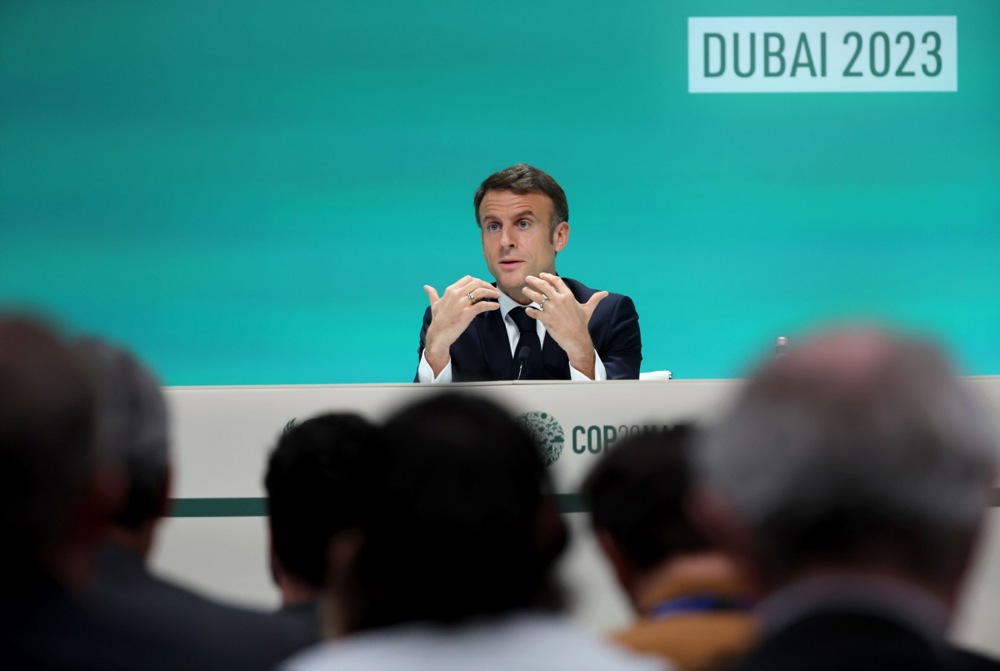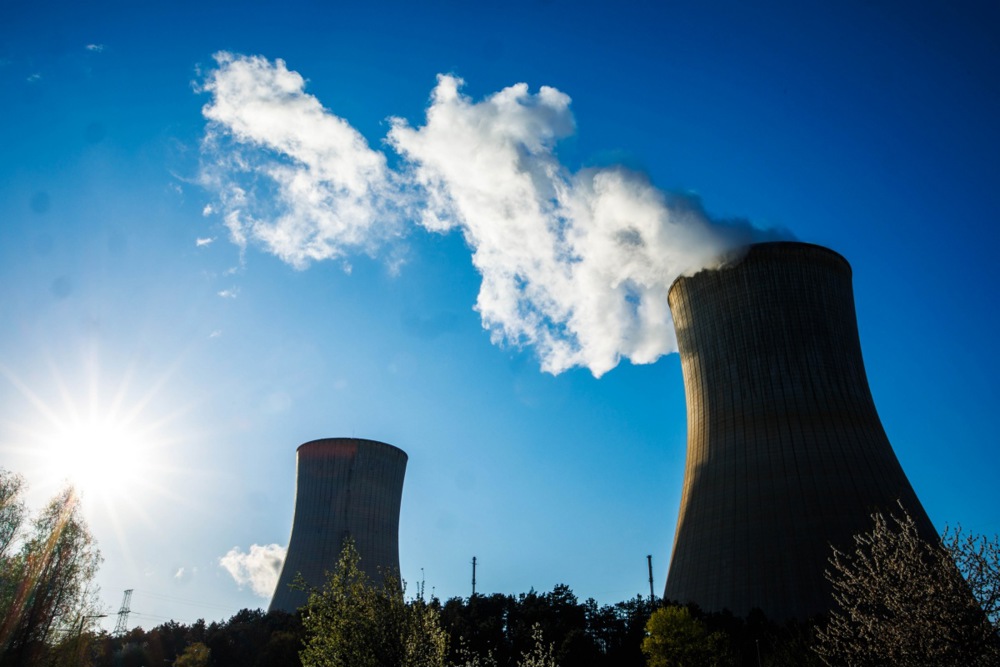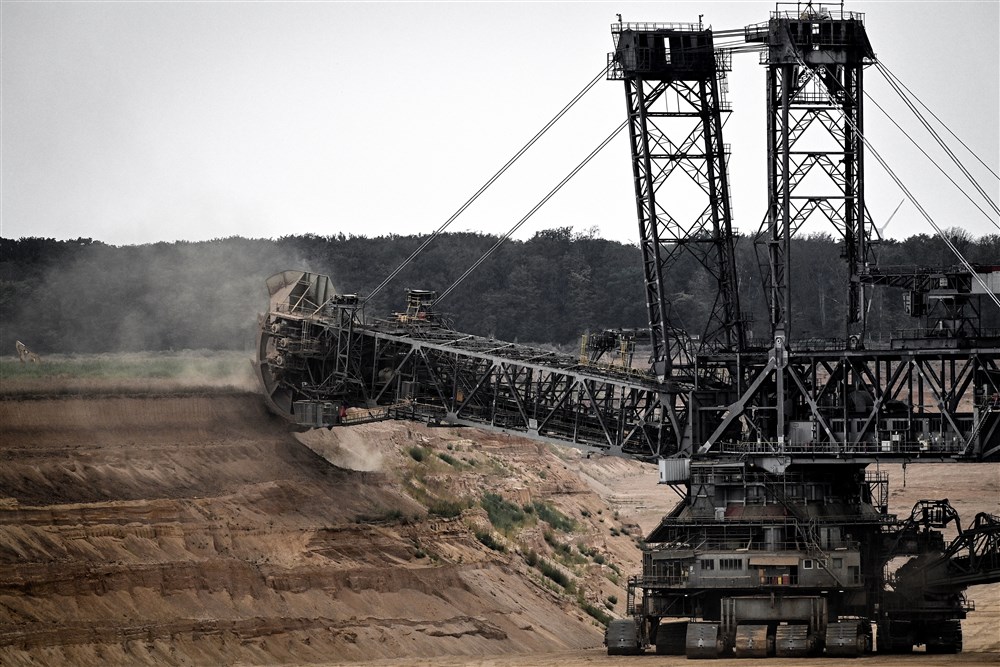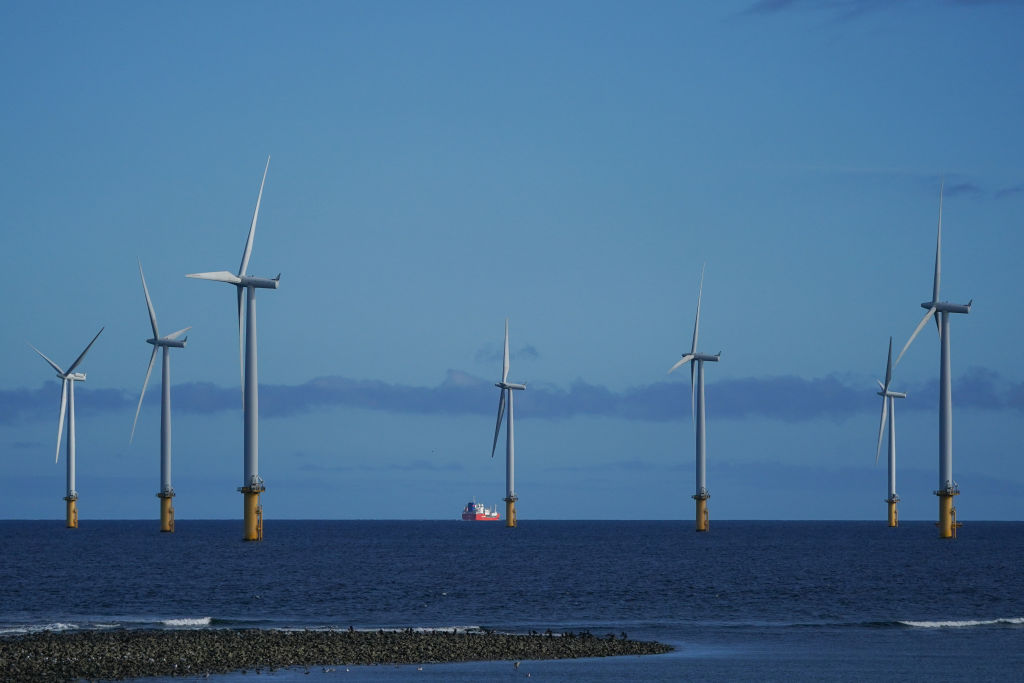The European Commission has thrown its weight behind nuclear energy just ahead of the European Parliament elections in June.
Top Commission officials praised the technology at a high-level event in Brussels on April 11, ending a policy that had seen the Brussels executive sit on the sidelines.
Speaking at the ‘Powering Tomorrow, Inspiring Today: Nuclear Energy 2.0’ event, two leading Commissioners went “all nuclear”.
Maroš Šefcovic, Executive Vice-President of the European Commission, and Thierry Breton, European Commissioner for the Internal Market, both heaped praise on what they said were the positives nuclear energy had to offer for the future of Europe.
The European Union is striving to reach an economy with net-zero greenhouse-gas emissions by 2050. At the same time, the need for electricity is expected to skyrocket in the near future.
To achieve this, the Commissioners said nuclear was the way to go.
Šefcovic, EC Vice-President for European Green Deal, noted there are about 100 nuclear power plants in Europe providing 22 per cent of its electricity.
“Europe has to unlock the full potential of nuclear energy,” he said.
“We must explore all the possibilities that will enable us to achieve our objectives. Nuclear has great potential to combat climate change, boost the competitiveness of the EU and ensure our energy security.”
In the next 10 to 15 years, the continent will require two new reactors per year, Šefcovic said. Countries such as Finland and Slovakia were leading the way in the construction of nuclear power plants.
He also noted that small modular reactors (SMR’s) and nuclear fusion offered what he described as “exciting” new opportunities for European electricity production.
Šefcovic said the EU needed to create an industrial alliance so projects can move ahead, with attention on reinforcing the power supply chain.
At the same time, the EU should work to reduce construction delays, Šefcovic said, referring to nuclear energy as a highly cost-effective, clean power source that has capacity to provide around-the-clock electricity.
When you consider that electricity generation will have to double in the next years if we are to meet our climate targets, it's clear that nuclear power is a much-needed option.@ThierryBreton #Nuclear4future pic.twitter.com/2nFR3IjWhB
— EDF EU Affairs (@EDF_EUAffairs) April 11, 2024
Following that, Breton gave a similar speech, praising the advantages of nuclear energy and stating it was “once again central in the debate”.
He stressed the belief that nuclear energy is climate neutral, provides the EU with resilience and guarantees energy production.
Breton said that, due to changing geopolitical circumstances, the EU is more isolated a fragmented world.
Nuclear energy, he said, was a key element in safeguarding European autonomy and industrial leadership. That was especially so given that by 2050 electricity demand will double.
“Nuclear is a much-needed option,” Breton said, which should be part of the energy mix, although not exclusively, as other forms of power generation also had an important role to play.
For those reasons, the EU should allow companies and investors to speed up the permit process for energy infrastructure development.
Breton pointed to taxonomy legislation designed to boost decarbonisation and other efforts by the EC to promote the nuclear industry in Europe.
He said the EC should establish a Nuclear Technology Act, promoting an integrated approach to research and deployment and a reinforcing of the energy market.
The speeches by both Commissioners were well received by attendees of the event, most of whom were connected with the nuclear sector, but it did represent a shift from the EC’s previous position.
Until recently, especially under the auspices of “Green Pope” Frans Timmermans, nuclear energy had been seen as a thing of the past, an obsolete technology with disadvantages and soon to be eclipsed by renewables.
With Timmermans having left the EC, and hastened by Russia’s invasion of Ukraine, things appear to have taken a sharp turn.
That was noted by several attendees and speakers at the event, some of whom pointed out that “until two years ago, such an event would not have taken place” and “would have been impossible to hold”.
Observers now anticipate that, following the Parliament elections in June, a new European leadership will wholeheartedly embrace the path Šefčovič and Breton are championing.





